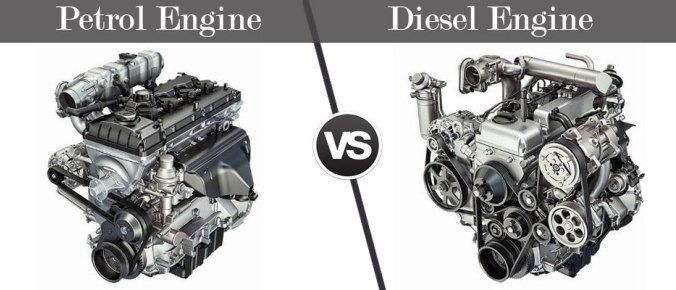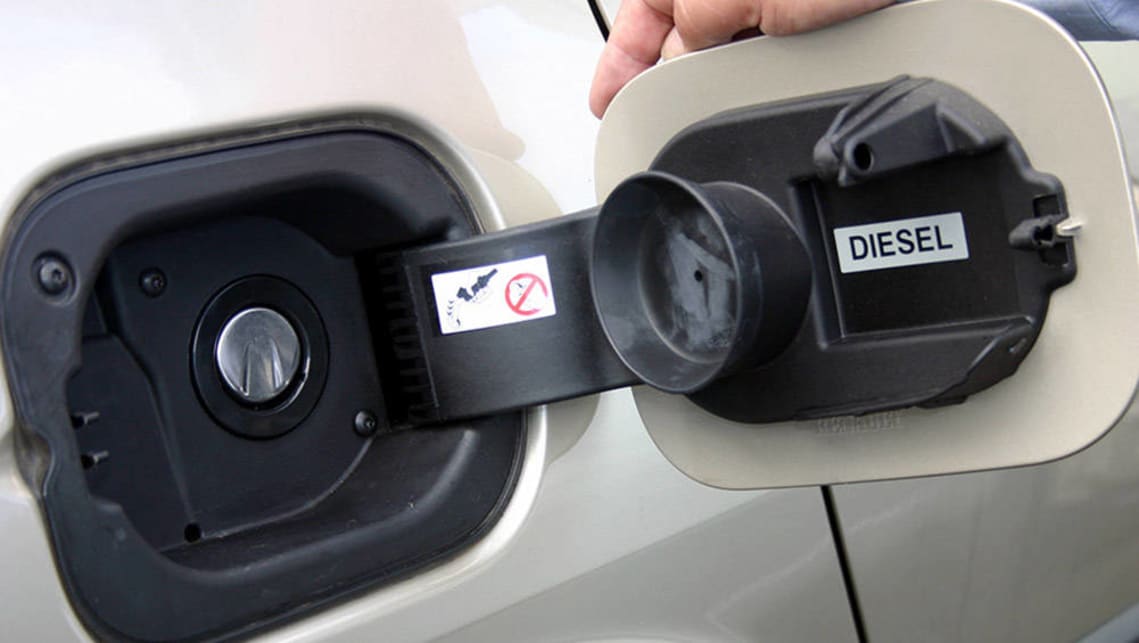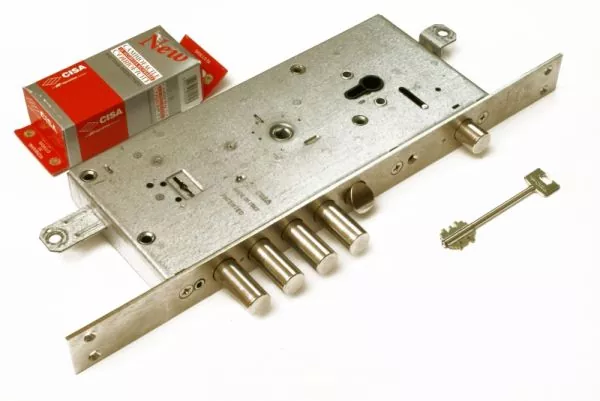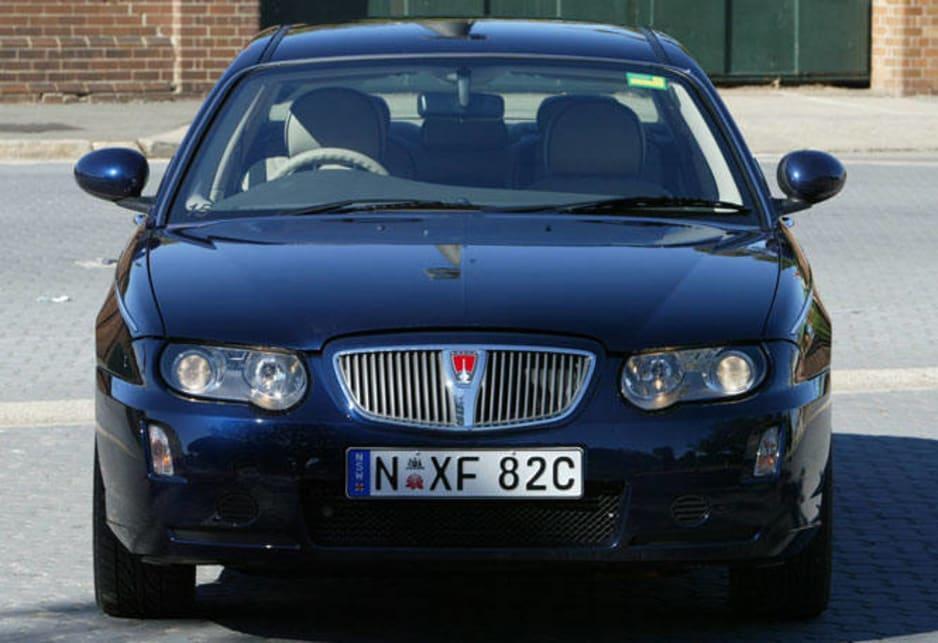
Should you buy a diesel or petrol car?
Content

With diesel scandals rampant between manufacturers, how do you know if you should still buy diesel?
There's been a bit of a stench around diesel for a long time, but with the Volkswagen scandal and big cities in Europe now considering banning it, it seems like it's a source of fuel that's more relevant than ever. So, should you buy one?
Many moons ago, diesel was mainly used in agricultural machinery and long-haul trucks, and the price per liter was subsidized for suppliers of agricultural products.
In particular, the advent of turbocharging led to diesel engines being used in passenger cars, and they have been hugely popular for many years in Europe, where diesel is usually cheaper than gasoline.
Diesel is less volatile than gasoline and therefore requires a higher compression ratio and special heating elements in the combustion chamber to make cold starts possible. Once started, however, the diesel engine is extremely economical, consuming about 30 percent less fuel than a comparable engine. petrol unit.
Since diesel prices currently fluctuate at about the same level as regular unleaded gasoline, this makes them attractive, especially when compared to sports cars that require premium unleaded gasoline at up to 20 cents per liter more. .
However, as a general rule, you will pay 10-15% more upfront for a diesel-powered car, so you need to get a calculator and work out how many years it will take you to recoup those initial costs in pump savings. To put it simply, if you drive many miles, diesel fuel economy will be attractive, and even more so if gasoline prices continue to rise.
Getting more out of the tank means fewer trips to the servo, which can save you time and calories (damn those tempting chocolate-covered counters).
If you're buying a small, cheap car that's fuel efficient even with a gasoline engine, then the extra expense is harder to justify.
From a driving standpoint, diesels lack the excitement because they don't like high revs like petrols, but they more than make up for it down low.
Torque is the super power of a diesel, which means it can push off the line and is also capable of towing heavy objects. Because of all that torque, diesel fuel economy doesn't go up as fast as gasoline when you add load, which is why it's the fuel of choice for heavy trucks.
In the long term, diesel cars may tend to depreciate faster than petrol cars (especially if it's a VW) and there is a risk that this could get worse given what we now know about emissions.
The Ugly Truth
Modern diesels are marketed as safe and clean, but recent research has revealed an uncomfortable truth.
Major manufacturers have failed to match their lab results, emitting dangerous and illegally high levels of nitrogen dioxide.
Real tests of 29 Euro 6 diesels showed that all but five violated pollution limits, and some recorded 27 times the allowable amount of toxic emissions.
Major manufacturers such as Mazda, BMW and Volkswagen, who sell the same diesel engines here, have been unable to compare their lab results in tests done for The Sunday Times newspaper in the UK for dangerous and illegally high levels of nitrogen dioxide.
The Mazda6 SkyActiv diesel engine exceeded Euro 6 regulations by four times, BMW's X3 all-wheel drive exceeded the legal norms by almost 10 times, and the Volkswagen Touareg performed astonishingly, 22.5 times the maximum value set by EU regulations.
However, the Kia Sportage was even worse, deflating 27 times the Euro 6 limit.
Nitrogen dioxide exposure causes severe lung and heart disease, as well as increased susceptibility to asthma, allergies, and airborne infections. Toxic gas has also been linked to sudden infant death syndrome, miscarriages, and birth defects.
The World Health Organization estimates that nitrogen dioxide causes more than 22,000 deaths each year in Europe, where roughly half of all cars run on fuel oil.
Diesels make up about a fifth of the Australian vehicle fleet, but their numbers on our roads have increased by more than 96 per cent in the last five years.
Australians currently burn almost three billion liters of diesel per year in cars alone, with another 9.5 billion liters used in commercial vehicles.
About 80 percent of nitrogen dioxide pollution in Australian cities comes from cars, trucks, buses and bicycles.
One of the cars that broke European restrictions in the UK test was the Mazda6 diesel, powered by the same 2.2-litre SkyActiv engine as the CX-5. Mazda Australia sells about 2000 CX-5s a month, with one in six vehicles being diesel.
The tested SkyActiv diesel fuel averaged four times the Euro 6 limit when driving on an urban route.
A spokesman for Mazda in the UK said that while it failed the test, European standards are more about measurement consistency than actual emissions.
“The current test is designed to demonstrate differences between vehicles based on rigorous laboratory conditions, ensuring consistency across manufacturers and allowing customers to make their choice based on data obtained under identical conditions,” says Mazda.
“The test cycle is not perfect, but gives the consumer a guideline on which he chooses a car, based on important factors - environmental and financial.
“However, we acknowledge the limitations of the test and the fact that it rarely reflects real driving; the Euro 6 award is based on the official test and not on real numbers.”
Australia's pollution standards put us at greater risk of exposure to harmful chemicals.
Mazda's disappointing results were eclipsed by the Kia Sportage, which emitted more than 20 times the legal level of nitrogen dioxide.
Kia Australia spokesman Kevin Hepworth would only say that Kia cars meet emission standards.
“The cars we bring to Australia comply with Australian design rules,” he said.
"We did not participate in testing and cannot comment on anything."
The WHO estimates that air pollution causes 3.7 million premature deaths per year worldwide, calling it "the world's largest environmental health risk".
The two main and most dangerous compounds in air pollution are nitrogen dioxide and particulate matter; the finest soot in diesel exhausts.
Australia's air is among the cleanest in the developed world, but even so, air pollution kills more than 3000 Australians a year, almost three times as many as in car accidents.
The Australian Medical Association says Australian pollution standards put us at greater risk of exposure to toxic chemicals.
"Current air quality standards in Australia lag behind international standards and do not match scientific evidence," the AMA said.
Diesel continues to have a reputation in Australia as an environmentally friendly option with better fuel economy, meaning less carbon dioxide emissions, and modern diesels are marketed as high-tech units that burn cleanly.
While this may be true in the lab, real world tests prove it's a pile of hot, dirty air.
Are the benefits of efficiency and tractive effort enough to make you consider a diesel? Let us know in the comments below.

